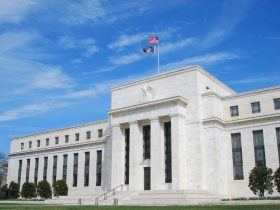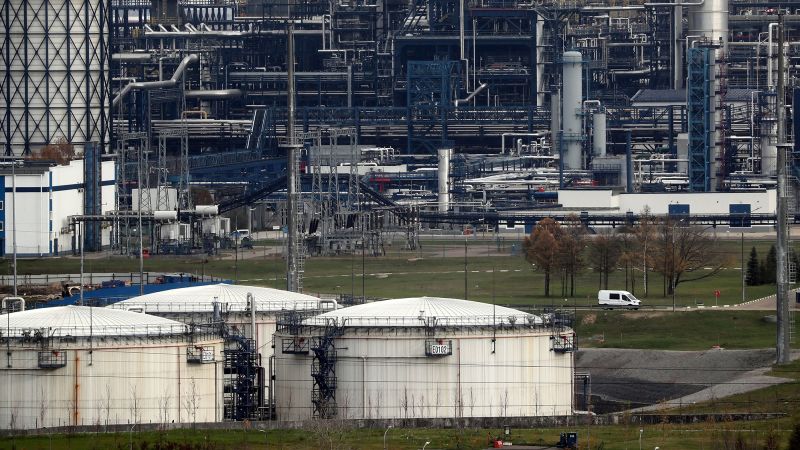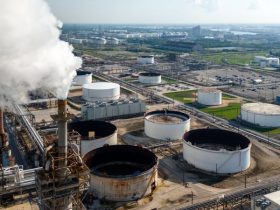Russia has introduced a temporary ban on exports of gasoline and diesel to all countries except four ex-Soviet states in order to stabilize the domestic market, the government said Thursday.
It said the ban, which takes effect immediately, did not apply to fuel supplied under inter-governmental agreements to members of the Moscow-led Eurasian Economic Union, which includes Belarus, Kazakhstan, Armenia and Kyrgyzstan.
“Temporary restrictions will help saturate the fuel market, which in turn will reduce prices for consumers,” the Russian government said in a statement.
The energy ministry said the measure would prevent unauthorized “gray” exports of motor fuels.
In recent months Russia has suffered shortages of gasoline and diesel. Wholesale fuel prices have spiked, although retail prices are capped to try to curb them in line with official inflation.
The crunch has been especially painful in some parts of Russia’s southern breadbasket, where fuel is crucial for gathering the harvest. A serious crisis could be awkward for the Kremlin as a presidential election looms in March.
Traders say the Russian fuel market has been hit by factors including maintenance at oil refineries, bottlenecks on railways and the weakness of the ruble, which incentivizes fuel exports.
Russia has already cut its seaborne diesel and gasoil exports by nearly 30% to about 1.7 million metric tons (1.87 million tons) in the first 20 days of September compared with the same period in August, according to traders and LSEG data.
The government statement added: “Previously, to stabilize the situation on the fuel market, the government raised the mandatory supply volumes of motor gasoline and diesel fuel to the commodity exchange … Daily monitoring of fuel purchases for the needs of agricultural producers with prompt adjustment of volumes has also been set up.”
Russia exported 4.82 million tons of gasoline and almost 35 million tons of diesel last year.
It recently announced plans to curb exports of crude oil by 300,000 barrels per day through the end of the year as part of an initiative led by Saudi Arabia to tighten global supplies and boost prices.
Read the full article here













Leave a Reply